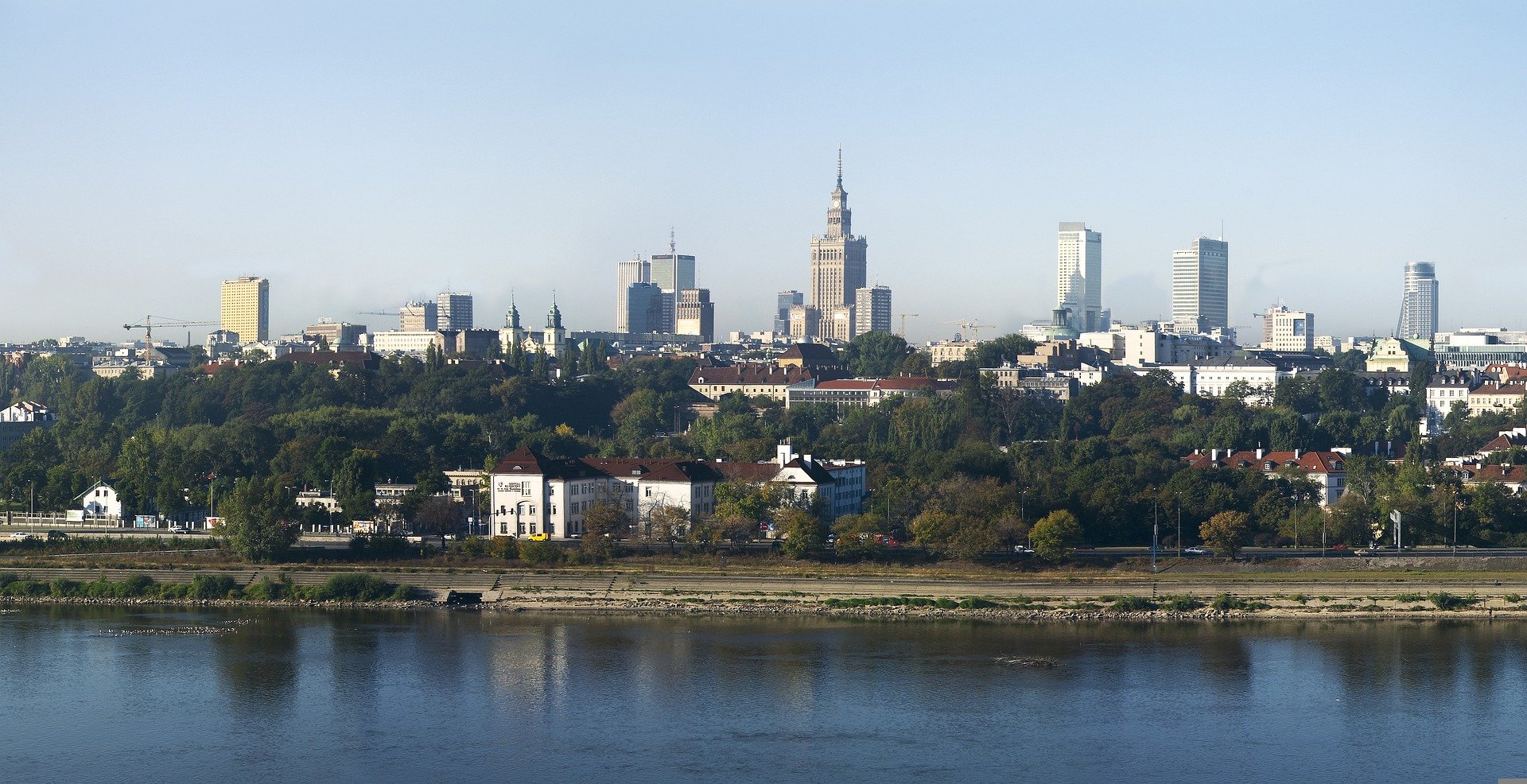Achieved outcomes and impacts:
During the project, an inventory was made of 1336 trees in Wola. This enabled a valuation of the concrete amount of money saved each year by these trees and the ecosystem services they provide, namely approximately €5195 euro (ca. €5 euro per tree). Besides the report on monetary valuation of trees, the Municipality received the methodology of the study and is able to value ecosystem services ing the whole area of Warsaw in the future. A further main outcome was an increase in the societal awareness of ecosystem services. Thanks to media interest in the topic, more people were made aware and started to appreciate the benefits of the presence of trees in the city. The research was an incentive to look for funds for the monetary valuation for the whole of Warsaw. Reliable data for the whole city is thought to assist in convincing residents and the authority to make more sustainable decisions and to allow the Municipality of Warsaw to create an app where everyone could check what is more cost-effective in their neighborhoods e.g. saving trees or creating new parking spaces. The city of Warsaw also wants to become climate-neutral by 2050 and the reliable valuation of ecosystem services for the whole city would enable an examination of Warsaw’s ability of greenhouse absorption.
Success factors and lessons learned:
The valuation was a large success because the researchers were able to present a concrete figure for the amount of money saved thanks to ecosystem services provided by Warsaw’s trees. While the research was carried out only in a small area of Warsaw and therefore the conclusions do not apply to the entirety of Warsaw, the study can be perceived as a trial prior to a valuation adequate for the entire city. Specifically, the municipality received not only the report with the numbers, but also the methodology to use in the future. It was pioneering research that was the first step to valuate the ecosystem services provided by trees in the whole Warsaw. Furthermore, results of the survey were quickly seized by the media, which helped to disseminate knowledge about ecosystem services among residents.

